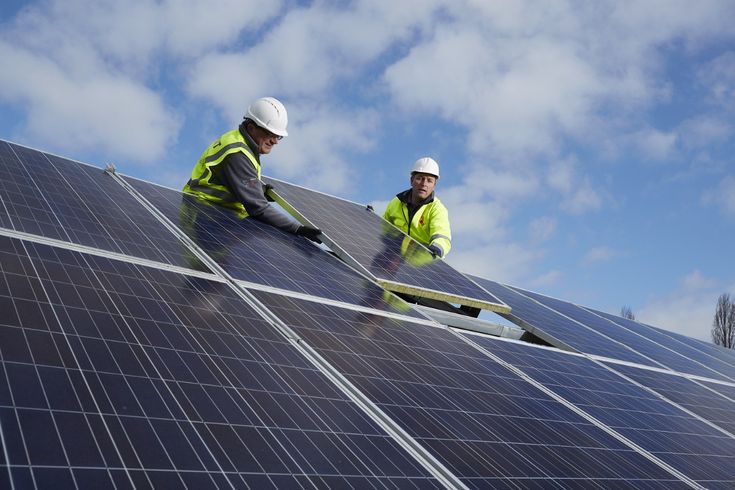Installing solar panels yourself can be an empowering and cost-saving project, but it’s not without serious risks. While do-it-yourself solar installation offers the potential to cut labor expenses and learn valuable skills, it also exposes you to electrical hazards, falls, and installation errors that could jeopardize performance—or even personal safety. Whether you’re mounting a small off-grid array or a full rooftop system, understanding and following essential safety precautions is crucial to ensure a successful, accident-free Solar Panel Installation Nottingham installation.
1. Understand the Risks Before You Begin
Solar installation combines two high-risk tasks: electrical work and rooftop labor. Both can cause injury or property damage if done incorrectly. Before starting, familiarize yourself with your local electrical and building codes, and honestly assess your skill level. Solar projects often require high-voltage wiring, proper grounding, and roof load calculations—tasks that may exceed a typical DIYer’s experience. Always research, plan, and when in doubt, consult a licensed professional.
2. Use Proper Personal Protective Equipment (PPE)
Working safely begins with wearing the right gear. Standard PPE for solar installation includes:
-
Hard hat: Protects against head injuries from falling tools or panels.
-
Safety glasses: Shields eyes from flying debris, dust, or sparks.
-
Insulated gloves: Protects from electrical shocks when handling wiring or connectors.
-
Non-slip, closed-toe shoes: Provides traction and stability on sloped roofs.
-
Fall protection gear: A full-body harness and anchored safety line are mandatory for rooftop work.
Never underestimate the importance of PPE—it’s your first defense against serious injury.
3. Inspect and Secure the Work Area
Before climbing onto your roof, perform a thorough safety inspection. Check for:
-
Weak or damaged roofing materials that might not support your weight.
-
Overhead power lines or tree branches that could interfere with the installation.
-
Slippery or wet surfaces, especially after rain or dew.
Clear all obstacles and ensure ladders are properly secured and placed on stable ground. If possible, have someone assist you by holding the ladder or passing tools safely.
4. Follow Electrical Safety Best Practices
Solar panels generate electricity whenever exposed to sunlight—even when disconnected from the grid—so treat all wiring as live.
-
Cover panels with an opaque material until you’re ready to connect them.
-
Always turn off main breakers before making electrical connections.
-
Use properly rated fuses, breakers, and disconnect switches to prevent overcurrent and short circuits.
-
Double-check all connections for secure, weatherproof fittings.
-
Never attempt wiring if you’re unfamiliar with electrical diagrams or circuit loads.
Improper electrical work is a common cause of fires and system failures, so taking this step seriously is essential.


